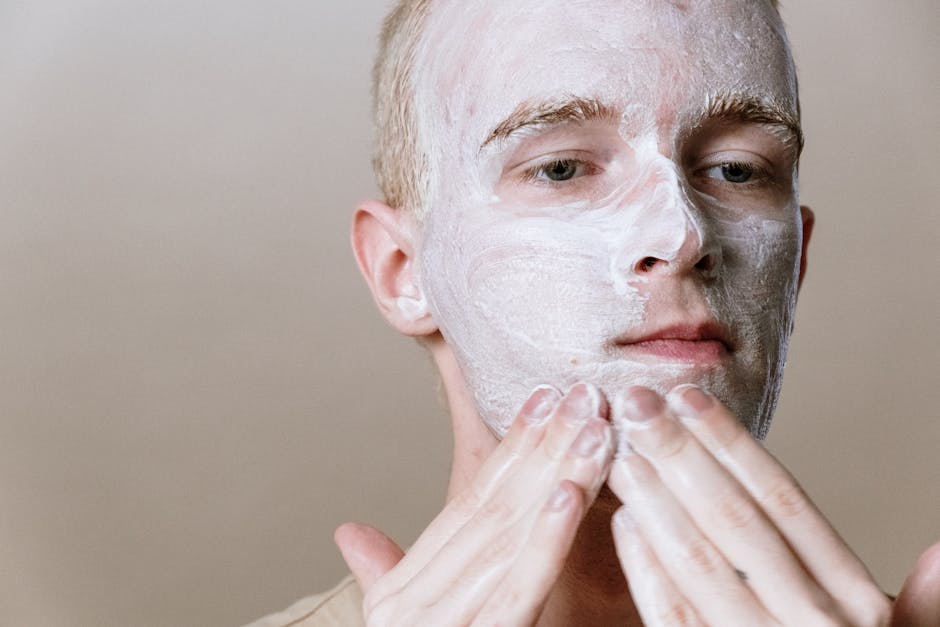Acne, a common skin condition that affects countless individuals, can be a frustrating and disheartening experience. However, with the right knowledge and treatment strategies, it is possible to effectively cure acne and achieve a clear, radiant complexion.
**Understanding the Causes of Acne**
The primary culprit behind acne is the overproduction of sebum, an oily substance naturally produced by the skin. When sebum mixes with dead skin cells and bacteria, it can clog pores and cause inflammation, leading to the formation of pimples, blackheads, and whiteheads. Factors such as hormonal imbalances, genetics, stress, and certain medications can contribute to increased sebum production and acne development.
**Dietary Modifications**
Incorporating certain dietary changes can help improve skin health and reduce acne. Consuming foods rich in antioxidants, such as fruits and vegetables, can help combat inflammation. Limiting processed foods, sugary drinks, and unhealthy fats can also be beneficial. Additionally, reducing dairy intake has been linked to improved acne in some individuals.
**Topical Treatments**
Over-the-counter (OTC) topical treatments are a common first-line approach for mild to moderate acne. These products often contain ingredients like salicylic acid, benzoyl peroxide, or retinoids, which help reduce inflammation, kill bacteria, and unclog pores. However, it is essential to use these products as directed and avoid over-exfoliation, which can worsen acne.
**Prescription Medications**
For more severe or persistent acne, prescription medications may be necessary. Oral antibiotics can target acne-causing bacteria, while hormonal therapies can help regulate sebum production. Additionally, topical prescription retinoids can be highly effective in clearing acne and preventing scarring.
**Lifestyle Changes**
Certain lifestyle modifications can also contribute to reducing acne. Washing your face twice daily with a gentle cleanser can help remove excess sebum and bacteria. Avoiding touching or picking at pimples can prevent further inflammation and scarring. Reducing stress levels through exercise or relaxation techniques can also be beneficial, as stress can trigger acne breakouts.
**Professional Treatments**
In some cases, professional treatments may be necessary to address severe or unresponsive acne. These treatments may include chemical peels, laser therapy, or photodynamic therapy. These procedures can help reduce inflammation, improve skin texture, and minimize scarring.
**Patience and Consistency**
It is important to note that curing acne takes time and consistent effort. Results may not be immediate, and it is essential to be patient and follow your treatment plan diligently. While most acne can be successfully treated, it is possible for some individuals to experience occasional breakouts or flare-ups.
**Conclusion**
Acne can be a challenging skin condition, but with the right approach and treatment plan, it can be effectively cured and prevented. By understanding the causes of acne, implementing dietary changes, using topical and prescription medications, adopting healthy lifestyle habits, and considering professional treatments when necessary, you can achieve a clear, acne-free complexion. Remember, patience and consistency are key to attaining long-term success in your journey to acne-free skin.

